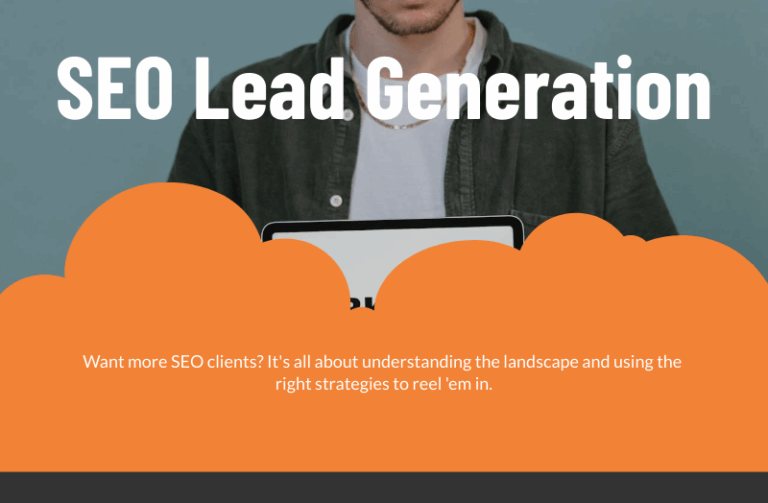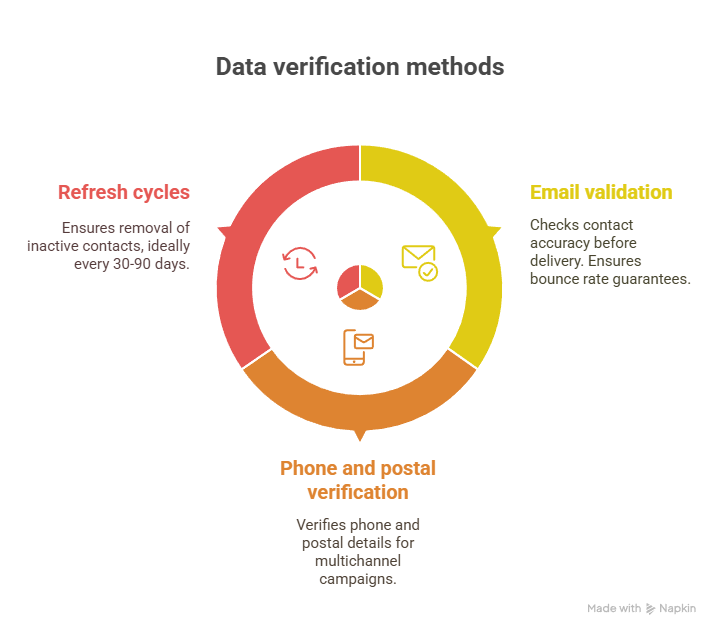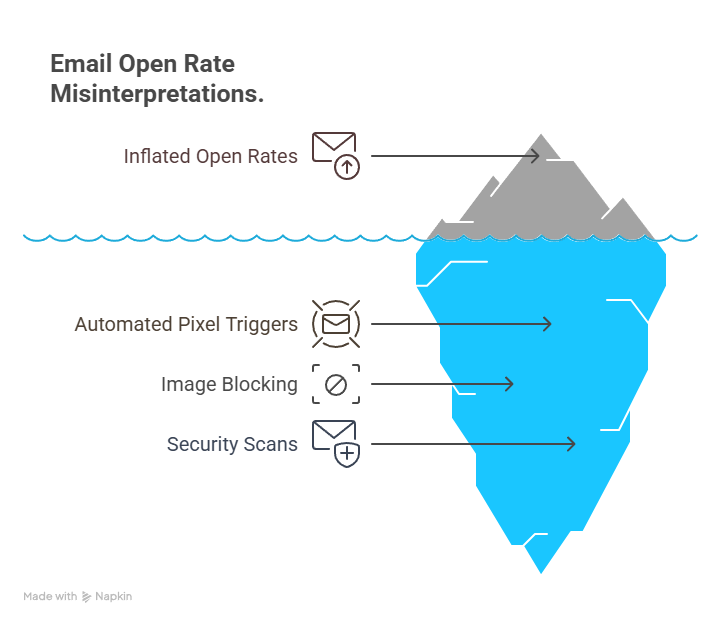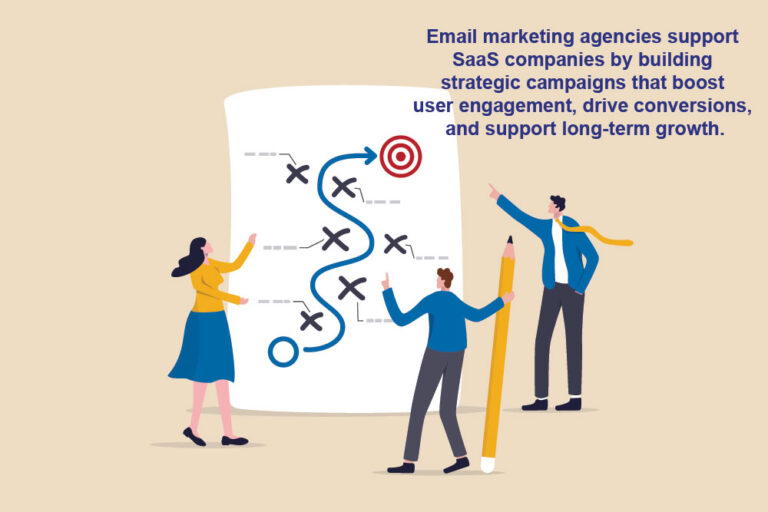
What is the purpose of value proposition?
In today’s online market, attracting qualified leads is a highly competitive undertaking. Whether you’re an agency specializing in commercial truck insurance or a software company, your website must present a simple and compelling value proposition to help you secure those leads. Now that most companies do vendor research online, it’s essential that your company’s unique value proposition showcase how your offering solves a potential customer’s business challenge using the fewest words possible. Why? They will decide within seconds whether your product is the solution to their needs. And with so many companies vying for the attention of customers across the internet, your company’s core values must stand out and set your brand apart from the competition. If you’re looking for ways to optimize your online presence, read on to learn more about how a unique value proposition can help you generate more b2c and b2b leads.
What is a unique value proposition (UVP)?
A unique value proposition (UVP) is a simple phrase on your website’s landing page that explains why your service is unique to the customer. Your value proposition introduces customers to your company by clearly stating why they deserve your business. For this reason, a compelling value proposition will engage a potential customer in a way that feels familiar and resourceful.
How to formulate your unique value proposition
When your team begins developing your company’s value proposition, you will most likely come up with several drafts. Since your company has very limited time to catch a potential customer’s attention, it’s best to keep your UVP short and straightforward. Avoid using jargon that might confuse a customer who is unfamiliar with your industry. It would be best to steer clear of generalities or repetitive words that make your UVP sound uninteresting and confusing. Here’s how you can prepare an effective UVP:
- Consider your company’s core values. Why are you in business?
- Ask yourself, “What sets us apart from our competitors?”
- Be concise with your words.
- Avoid ambiguity.
- Make promises you can keep.
What makes a unique value proposition effective?
Above all, focus on making promises that you can keep. For example, if you’re a cloud computing software company, you make cloud transfers faster and easier than your competitors. Your unique value proposition should reflect your confidence in your product’s ability to deliver those results. When a customer uses your product or service, they should verify your statements, which leads to higher rates of customer satisfaction and builds your company’s reputation as a leader in your industry.

How to find the value in your proposition
Consider the advantage a customer has if they use your product or service. Why do customers need your product or service? Why should they opt to do business with your company, as opposed to your competitors? How will your offerings improve your customers’ lives? Formulating a unique value proposition is no easy task and requires that you ask yourself tough questions regarding the desirability of your product or service. Before you craft a UVP, try identifying the pain points of potential customers:
- Will your product help save money?
- Will your product solve productivity issues?
- Can your product help nurture leads?
- Can your product help solve customer concerns?
- Is your product of higher quality?
- Can you produce and deliver faster?
In a nutshell, your product should make your customers’ lives easier. Whether it helps them save time, money, or both, take the essential quality of your product and tell your customers how it will benefit their business. Your company’s value proposition should pique a customer’s interest when they visit your website. Don’t put too much effort into describing how your product works. Instead, focus on the unmet needs of your target audience.
What is an example of a unique value proposition?
Your unique value proposition should focus on a practical reason why a potential customer should buy your product or use your service. Your proposition should be clear, concise, and above all, explain why it’s the superior product on the market. The benefits expressed in your unique value proposition should set your product or service apart from your competitors.
For example, consider the market for HR Software. Many companies in the talent management segment promise to save customers time by automating simple processes like absence tracking and holiday allowance. But what if your software company offers 24/7 customer support? When formulating a compelling value proposition, it’s important to consider the potential pains a customer may encounter with their current HR software, like the value of speaking directly with a support specialist when they need assistance. To achieve this goal, you will need to understand your target market’s needs, wants, and fears and answer how your product can meet or solve them.
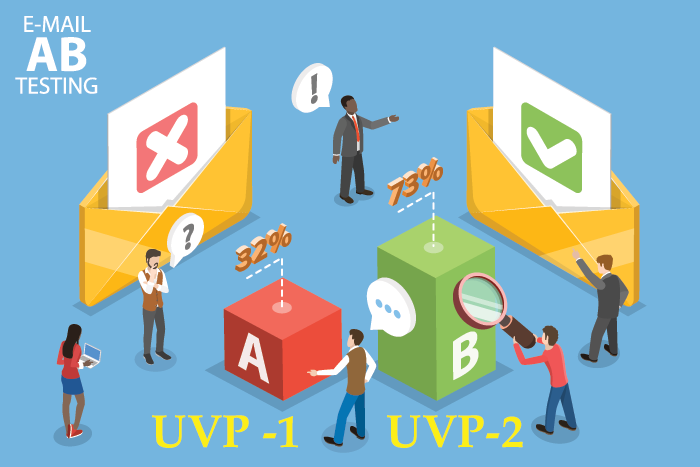
A/B Testing your unique value proposition
A/B testing is a growth strategy designed to help you improve your marketing and conversions. When A/B testing your unique value proposition, you are split testing two versions of the same variable. In this case, the variable tested is using your two different value propositions to see which performs better. With A/B testing, at least two value propositions are implemented. The data is then collected and analyzed. The process lets you see which value proposal was most effective at generating engagement, such as click-throughs and lead conversions.
Testing a unique value proposition through Email Marketing
Email marketing is one of the most effective marketing channels available. In fact, a recent study indicated that 89% of marketers use email as the primary channel for generating leads. And A/B testing is perfect for email marketing. A/B testing your email campaigns to test UVP subject lines, CTAs, and offers can give you great insight as to what is resonating with your target audience. According to Litmus, brands that always include an A/B test in their emails generate an ROI of 48:1.
After you’ve evaluated the results of your A/B test email campaign, you can either do more testing to further strengthen your UVP or create future email campaigns based on the winning UVP. Ultimately, an effective email campaign will help you find the best value proposition to market your business and attract more qualified leads.
Need help getting your unique value proposition out to your target audience?
When it comes to managing the daily operations of your business, we know that your time is valuable. If you need help getting your unique value proposition out to your target audience, call 855-867-3224 or email us at info@reachmarketing.com to find out how Reach Marketing can help your business generate more qualified leads through email marketing.
